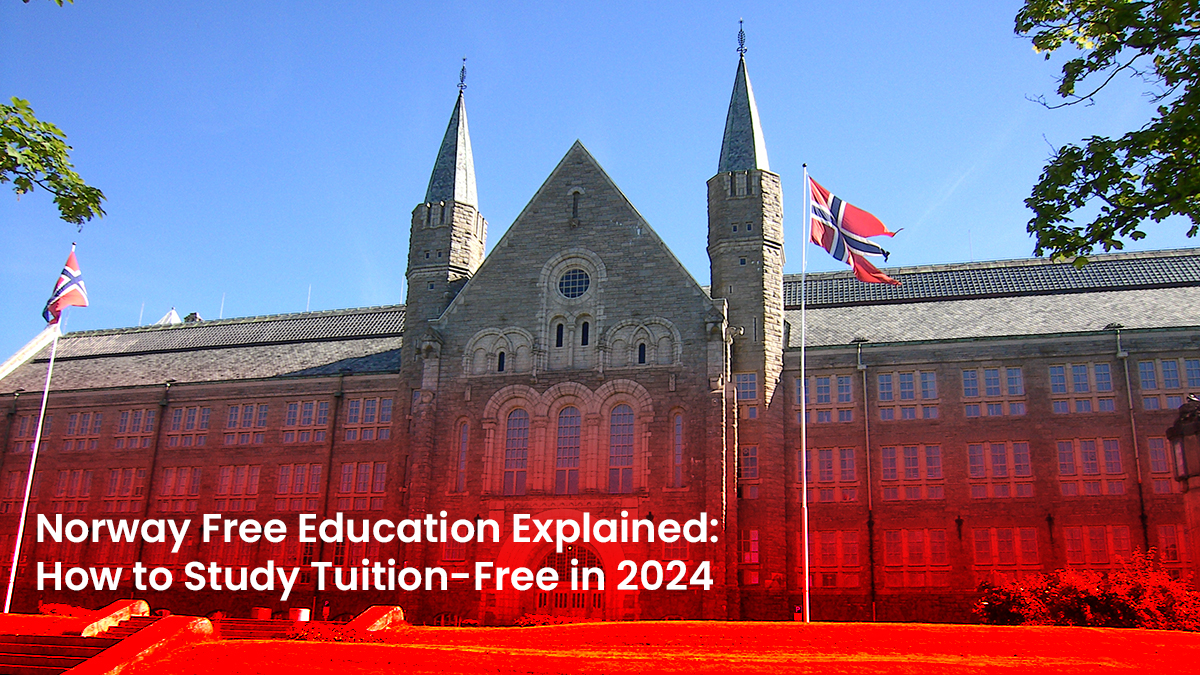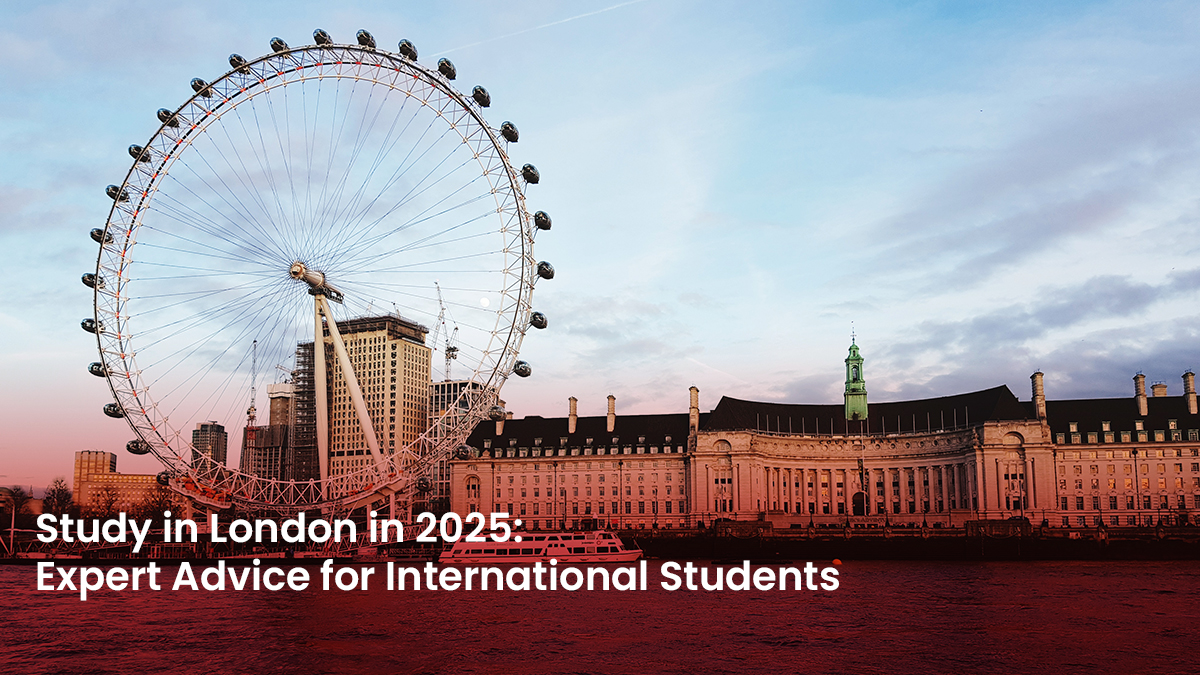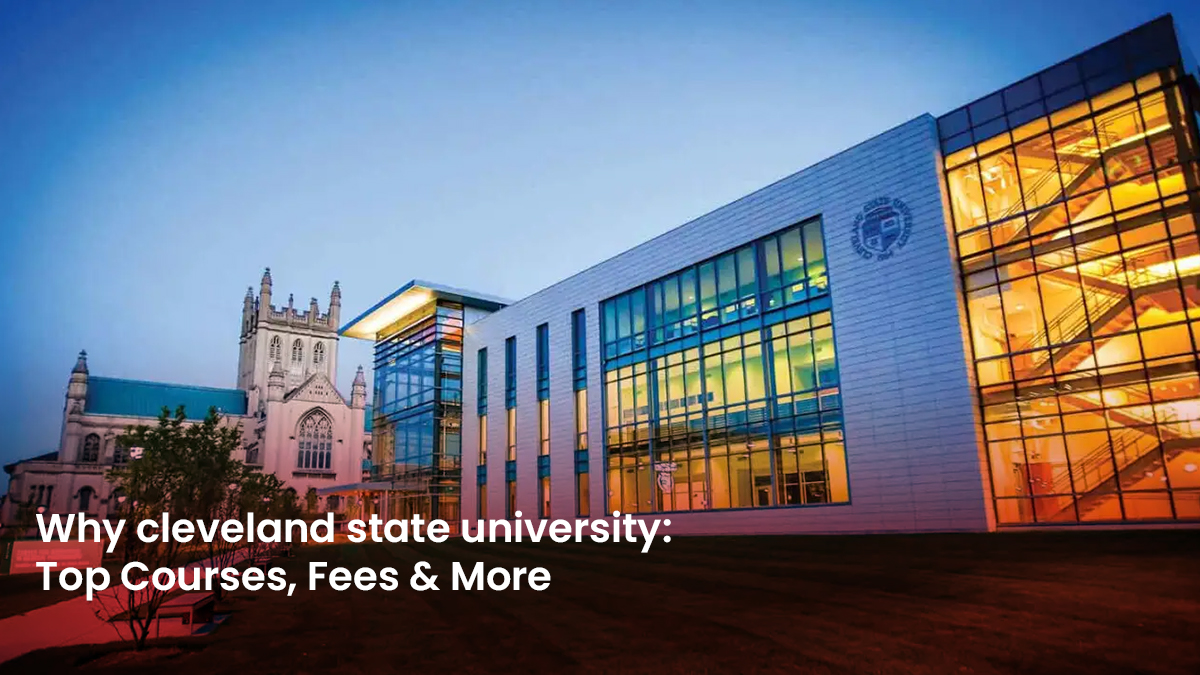France has been one of the popular destinations in the European region among Indian students in recent years. The latest data from the Indian government shows that nearly 10,000 Indians are currently enrolled in French higher education institutions.
There has been an increase of about 30 percent in the number of Indian students going to France each year. The country aims to host 20,000 Indians in its universities by 2025.
However, several of the current 10,000 and even more prospective students have been concerned about their future because of the travel restrictions in place between the two countries, especially since the peak of the second wave of COVID-19 in April in India.
Students have also been hoping for the visa and application processes to resume. In a relief to Indian students, the French Ambassador to India Emmanuel Lenain has announced that all student, researcher and ‘talent passport’ category applicants from India can now apply for a visa to travel to France.
While border control measures are still in place in the country in order to deal with the virus and contain the introduction of its variants, France has classified countries into three categories depending on the number of cases, variants of concern, and other related factors.
Countries with low viral circulation are classified in the green list and include Member States of the European Union, Switzerland, Monaco, Ukraine, Norway, Australia, Saudi Arabia, Canada, United States, Hong Kong, Japan, New Zealand, and Singapore.
Countries with active circulation of COVID-19 or certain SARS-CoV-2 variants, “posing a higher risk of increased transmissibility or immune escape” are classified in the red list. These include Afghanistan, Argentina, Bangladesh, Indonesia, Nepal, and South Africa.
Those with active viral circulation in controlled proportions are placed in the amber list. This includes India. France also recently announced that it will allow foreign travellers who have received AstraZeneca’s Indian-manufactured Covishield jab into the country. It has also specified rules for vaccinated and unvaccinated travellers.
Travellers need to comply with the three different regulations: the mobility rules, the health control measures, and the usual rules that govern the right to stay in the country.
The health control rules include tests before or on arrival, seven-day quarantine, no contact with a confirmed case, and the absence of symptoms. The usual rules require one to present a valid passport at the border and required documents when entering the country, besides other formalities.
Travellers were allowed to and fro France and other countries with varying rules and regulations, depending on the evolving situation globally.
In accordance with the mobility rules, unvaccinated students and researchers from “amber countries” need to justify a compelling reason to come to France. The list of compelling reasons is indicated in the travel certificate and it includes students enrolled in French as a foreign language (FLE) courses prior to enrollment in higher education; students enrolled in French as a foreign language (FLE) courses for the 2021-2022 academic year; students admitted to the oral examinations for competitive examinations in French higher education establishments; and students registered for the 2021-2022 academic year.












